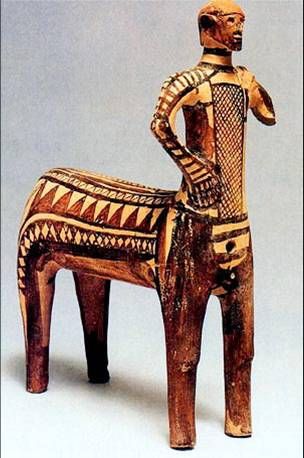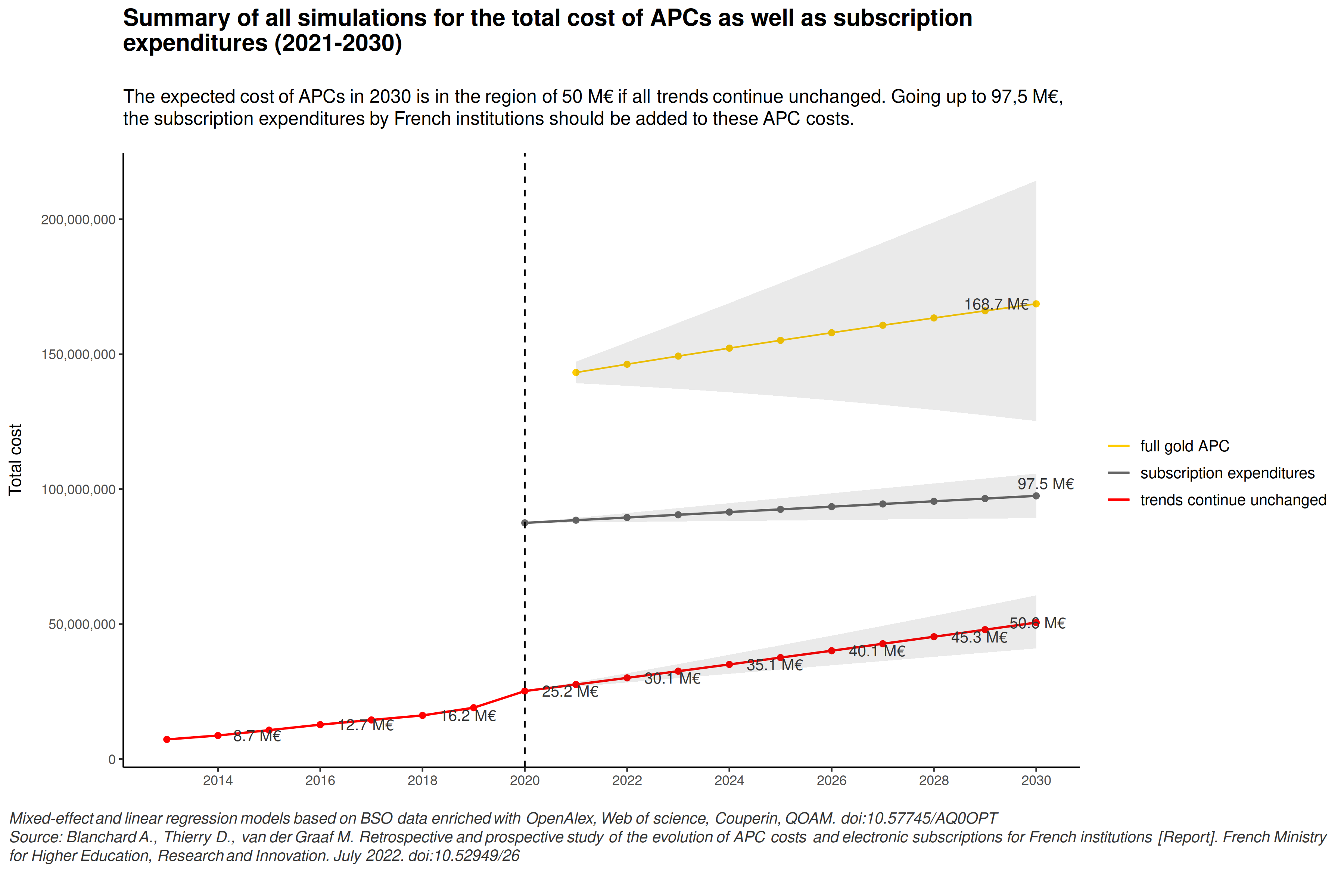This blog is an excerpt of our White Paper.
What a librarian should know about Generative AI?
The essence is that AI models do not understand a topic as humans do, but weave words together based on complicated statistical calculations. To do this, AI models use vast datasets collected from a range of sources including some with bad data. Therefore, their answers are not transparent and sometimes wrong (‘hallucinations’). However, academic libraries can make the answers more transparent and reliable by forcing the commercial AI chatbots to use validated data for their answers with Retrieval Augmented Generative AI applications (RAG). This model works as follows: the user’s question is used to retrieve a list of relevant documents from the library database with validated and reliable information. These documents, along with the user’s question, are then send to the commercial AI chatbot with the instruction to find the answer within the documents from the library. The application returns the answer to the specific question generated by the chatbot, along with the relevant documents.
AI effects on the environment of the academic library
Next, we look at the impact of AI on science and on the behaviour of library users:
- The behaviour of library users will in our view change dramatically as the interaction with internet is becoming a dialogue (‘conversational discovery). In the longer run, AI-powered personal assistants are predicted to interact with software applications as proxies for the end-user.
- AI will transform science with the usage of AI models for complex systems, bringing together multiple disciplines. Also, the pace of scientific research is expected to quicken. As a result, we anticipate more scientific publications and a further atomization of the scientific record.
Paradigm shift in discovery
This changed interaction with the digital world is causing a paradigm shift in discovery. The transition to conversational discovery with AI chatbots answering user queries will lead to (much) less usage of library collections and potentially resulting in the need for a new type of usage figures: usage by AI chatbots on behalf of the end-user.
Access to library collections, AI literacy, Open Science and the library organisation
Finally, we touch upon four other issues relevant to academic libraries that have gotten so far little attention in the literature but surely will play a role in the coming years:
- The contentious question of allowing access by commercial AI chatbots to library collections
- The need to redevelop library courses on information literacy
- The potential threats to Open Science practices in AI-driven science due to the dominance of a few Big Tech companies
- The effects of AI tools for businesses on the library organisations.
In all, we predict 24 different effects of generative AI on academic library. You will a more elaborate description in our White Paper.




